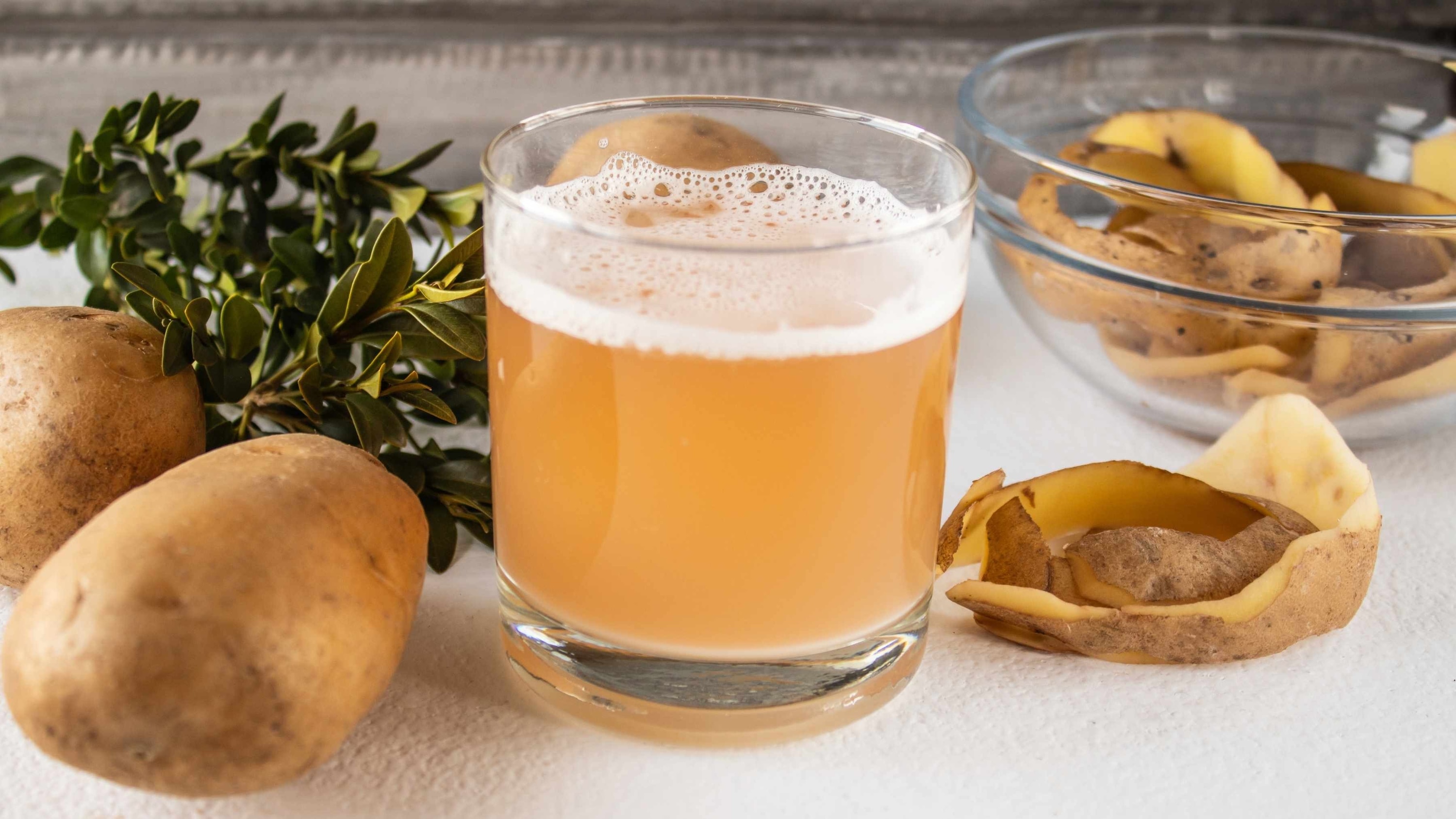Potatoes are known as the king of vegetables, and for good reason. It tastes amazing and can turn any dish around into a cocktail of senses. However, do you know that apart from being a savoury staple, it is also a potent skincare ingredient? Just how good potato juice is for the face will surprise you! Using potato juice for the face is not as new a concept as many think it is. Kitchen ingredients, when diluted and mixed in known measures, have always given delightful results in making skin better, brighter and beautiful. Potato juice is one such magic ingredient. In this article, let us guide you on how you can use potato juice for your face and what cautions you need to take. Let's go!
01Is Potato Juice Good for Skin? What Nutrients Make It Work?
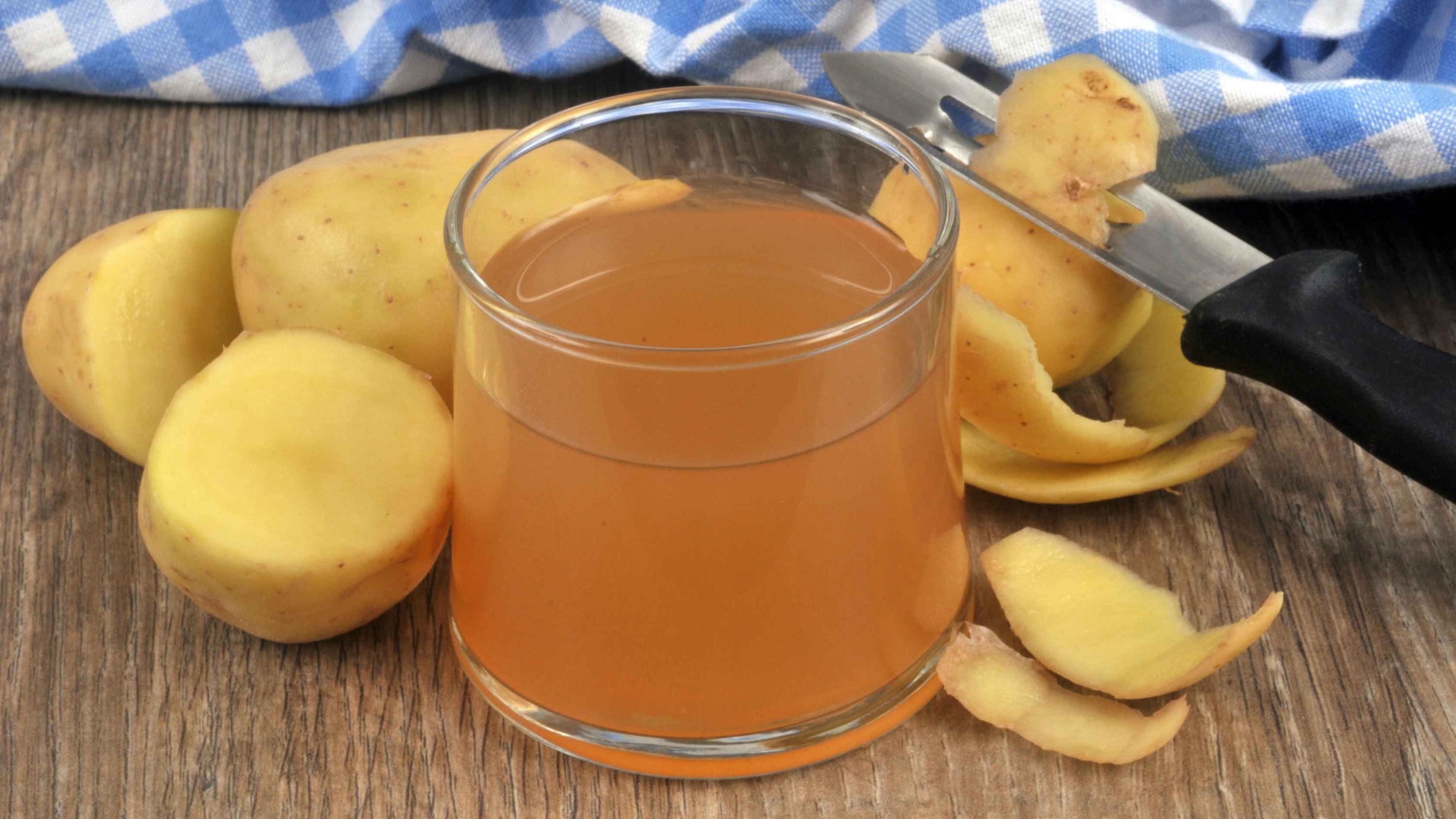
Is potato juice good for skin? Oh yes! Potatoes are packed with the following skin-loving nutrients:
- Vitamin C: An antioxidant that brightens the complexion, enhances collagen production, and shields against free radical damage.
- B Vitamins (particularly B6): These vitamins contribute to cell regeneration and an even skin tone.
- Potassium: Helps maintain the complexion's moisture balance.
- Enzymes (like catecholase): These help in lightening dark spots and hyperpigmentation.
- Natural starches: These calm irritated skin and absorb excess oil.
02Potato Juice For Face Benefits You Need to Know
Below are some of the top potato juice for face benefits:
Brightens Skin and Fades Spot

The enzymes and vitamin C work to lighten dark spots, acne, and even out your complexion. It offers a natural, gentler approach to getting rid of dark spots.
Minimising Puffiness:
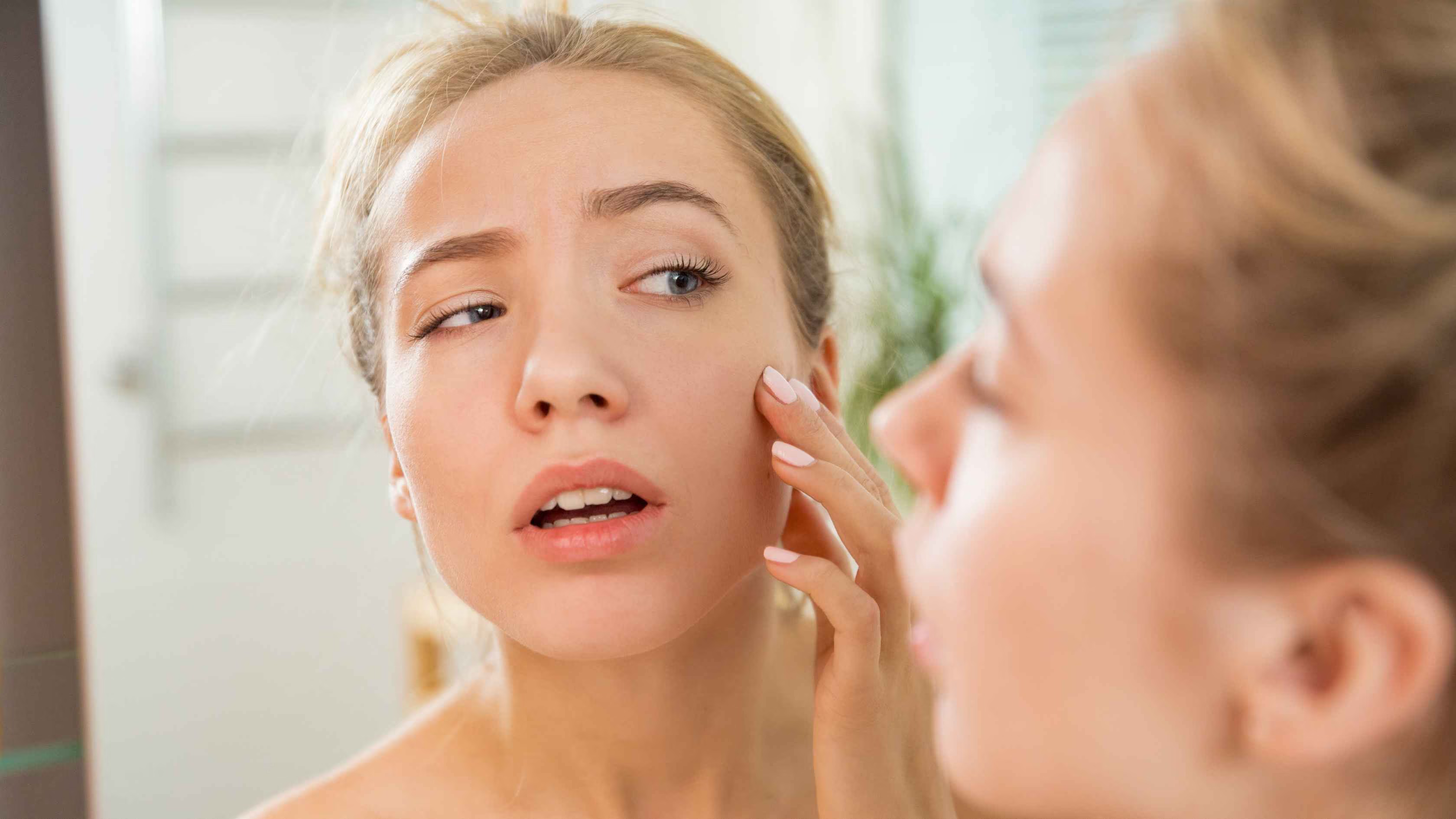
Its calming and astringent properties help soothe and minimise under-eye puffiness and inflammation.
Calming Irritation:

Potato juice soothes irritated skin, making it ideal to heal sunburns, redness, and minor skin irritations.
Controlling Oil:
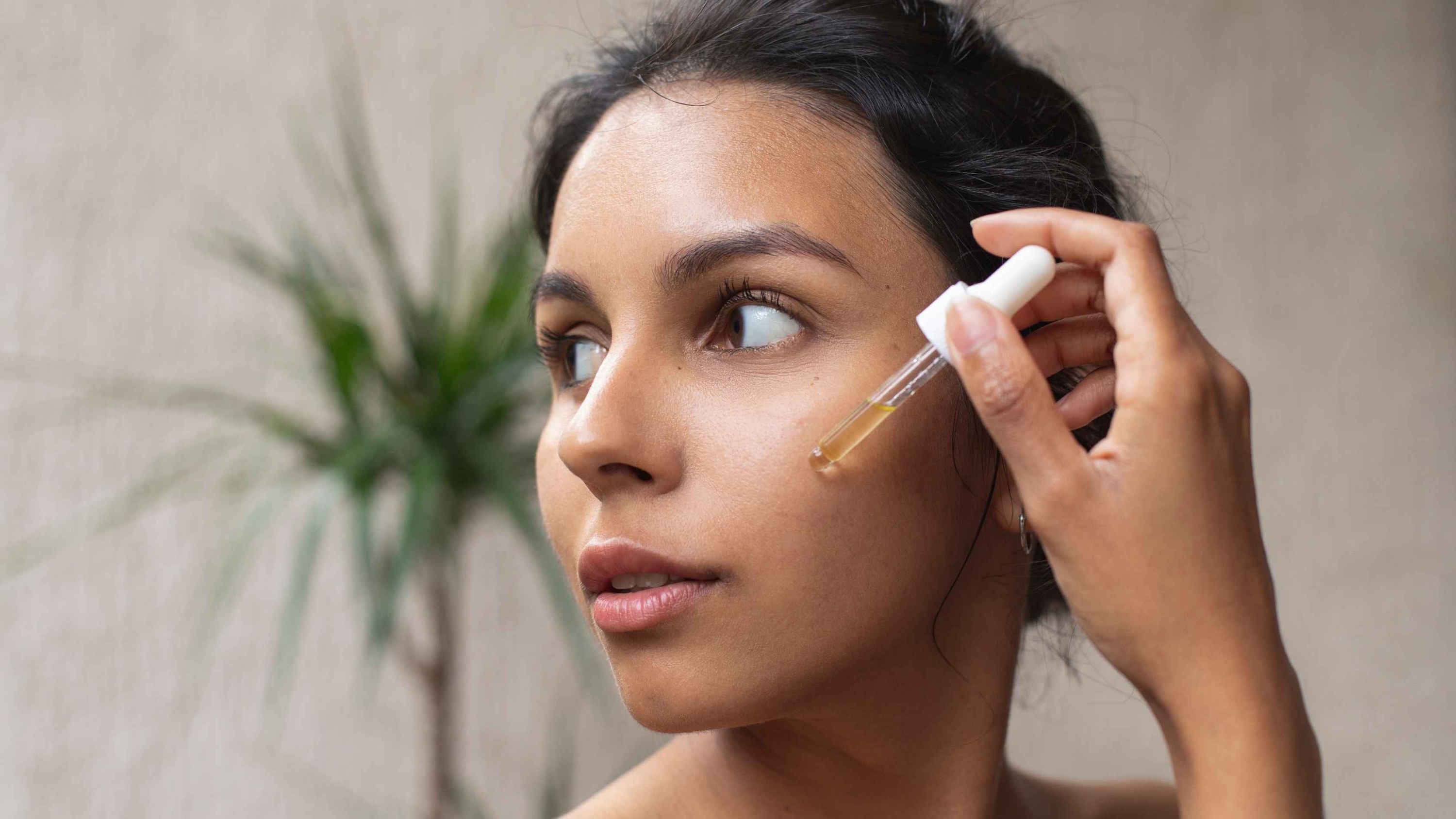
The natural starches absorb excess oil, making it an excellent option for those with an oily or acne-prone complexion.
Anti-ageing effects:

The antioxidants within potato juice combat free radicals that contribute to the signs of ageing.
Hydration:
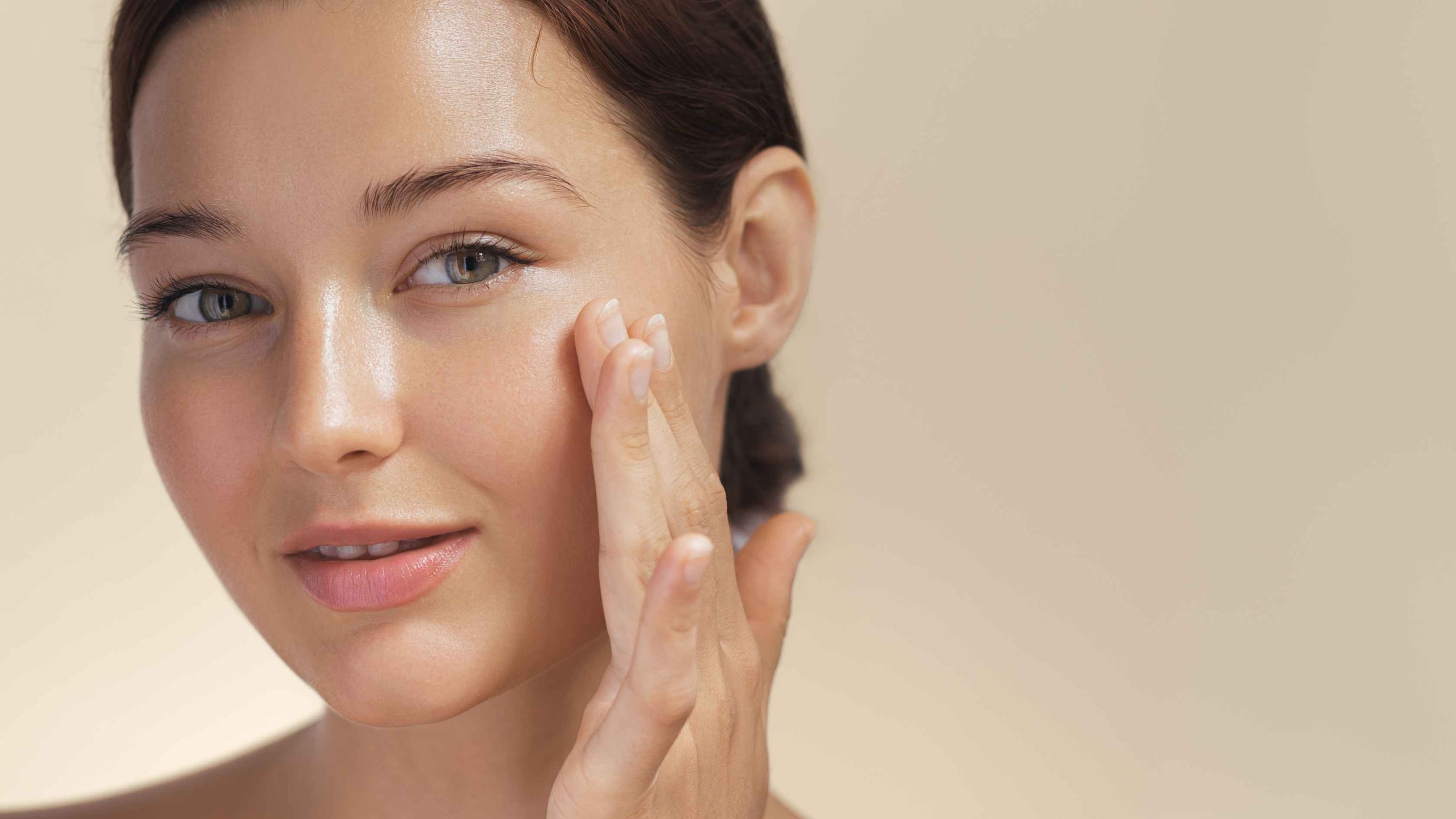
The natural moisture in potatoes also offers your complexion a certain amount of hydration.
03DIY Potato JuiceFace Masks for Glowing Skin
Here are some easy DIY potato juice face masks:
Potato juice and milk
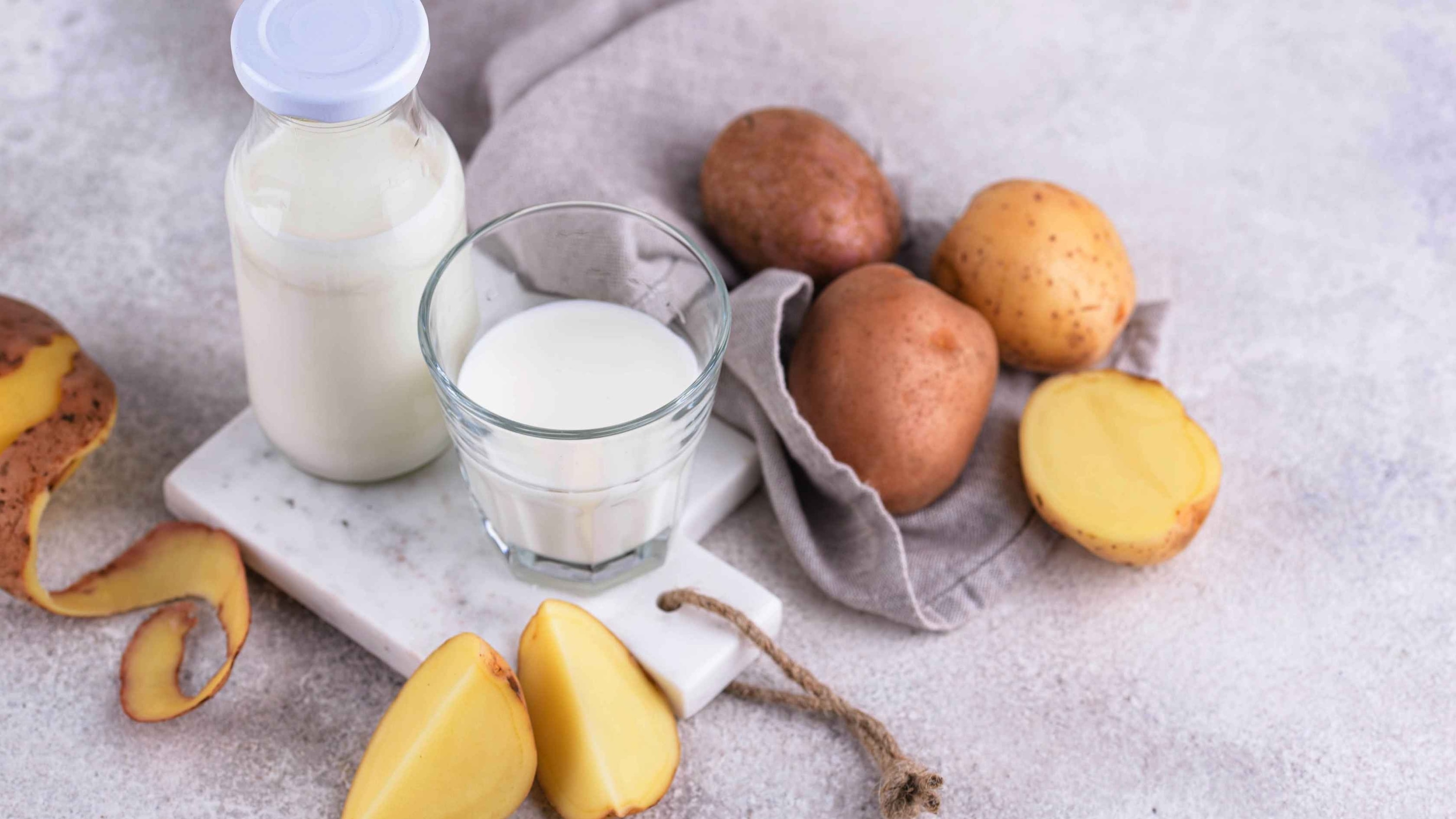
To make this face mask, mix equal parts potato juice and milk. Apply the face mask to your skin for 15-20 minutes, then rinse with cool water. This mask will help brighten and soften your complexion.
Potato juice and cucumber
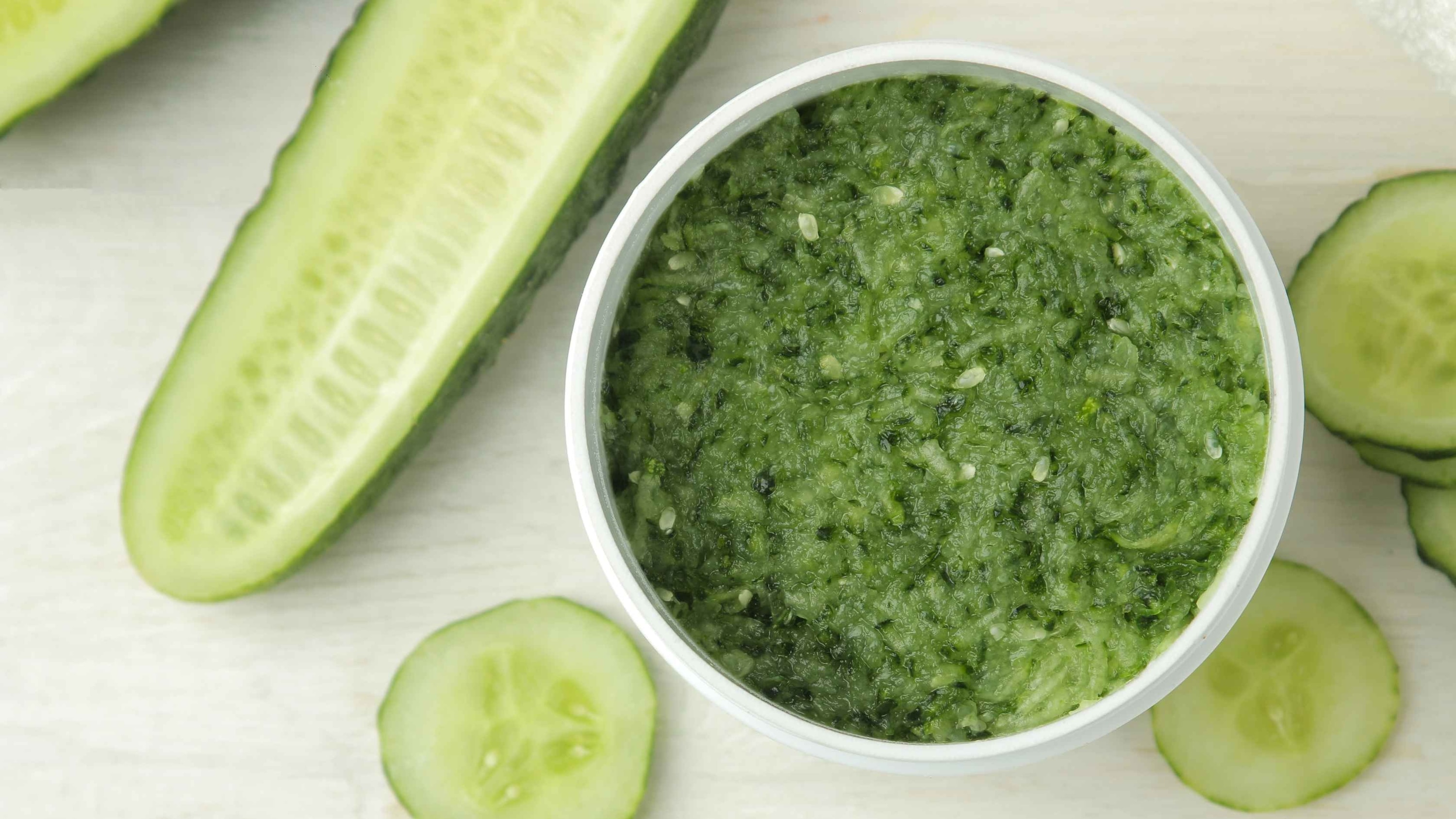
To use this face mask, combine potato juice and cucumber into a smooth paste. Apply this face mask for about 15 minutes, then wash it off. This face mask is great for calming irritated skin and minimising puffiness.
Potato juice and yellow lentil (besan)
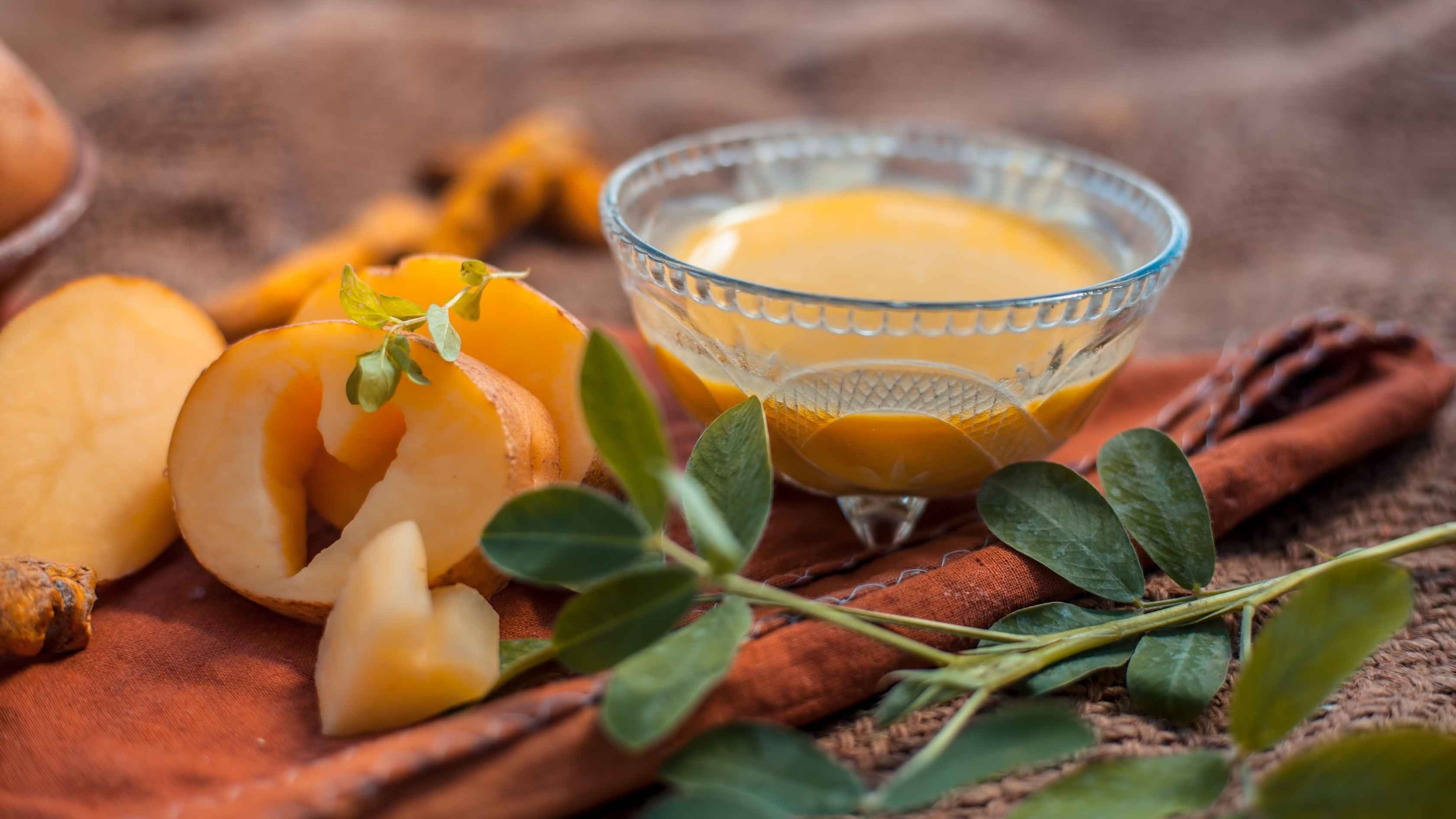
To utilise this DIY mask, combine potato juice with besan flour, into a paste. Apply the mask for 20-30 minutes, then wash it off with cool water. This mask will help with exfoliation and manage oiliness.
Potato juice and olive oil
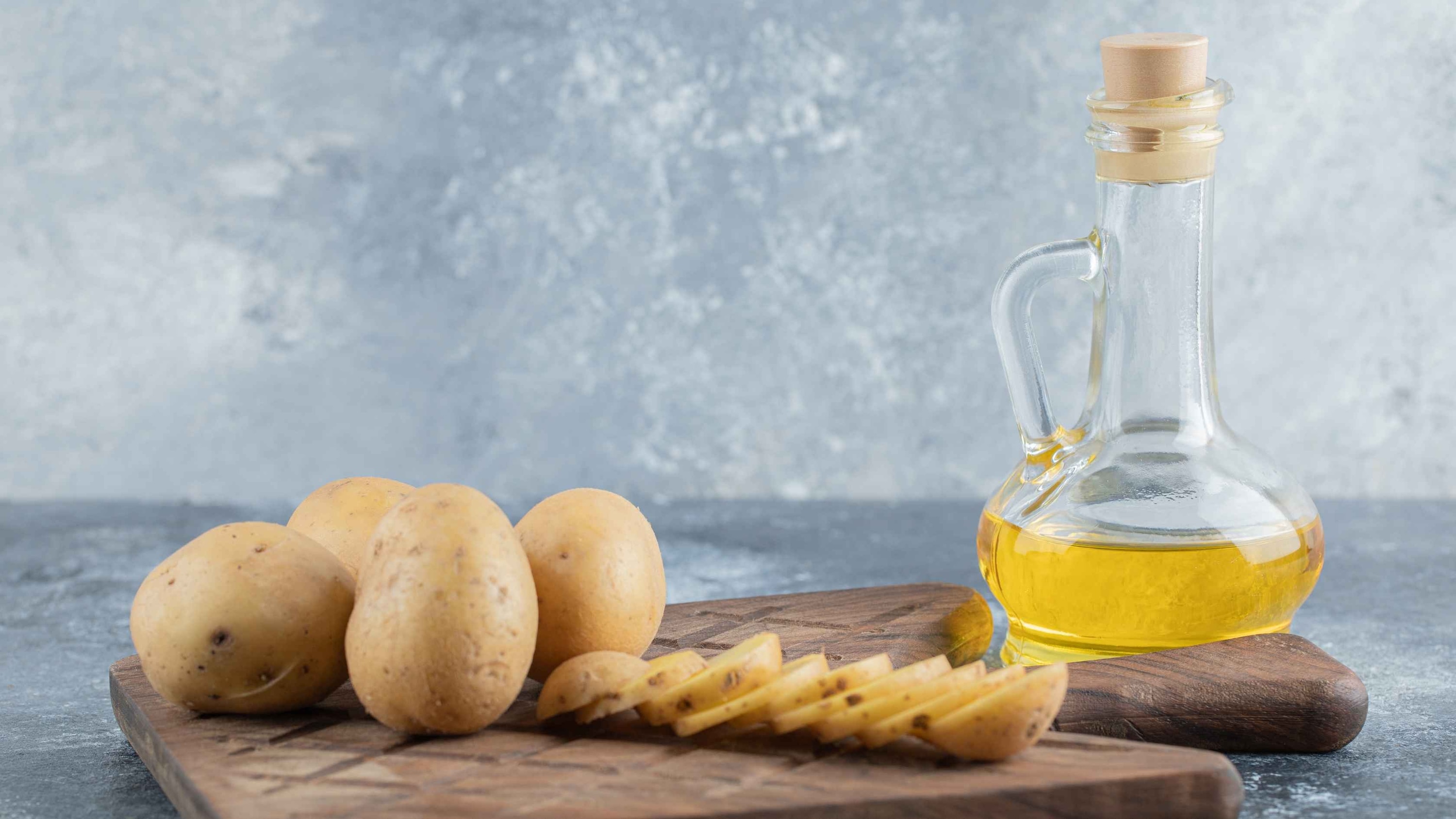
Combine potato juice with a few drops of olive oil to make this mask. Apply to the face for 30 minutes, then wash off. This combination hydrates dry skin, and also has anti-ageing effects.
04Side Effects of Rubbing Potato on Face: What You Should Know
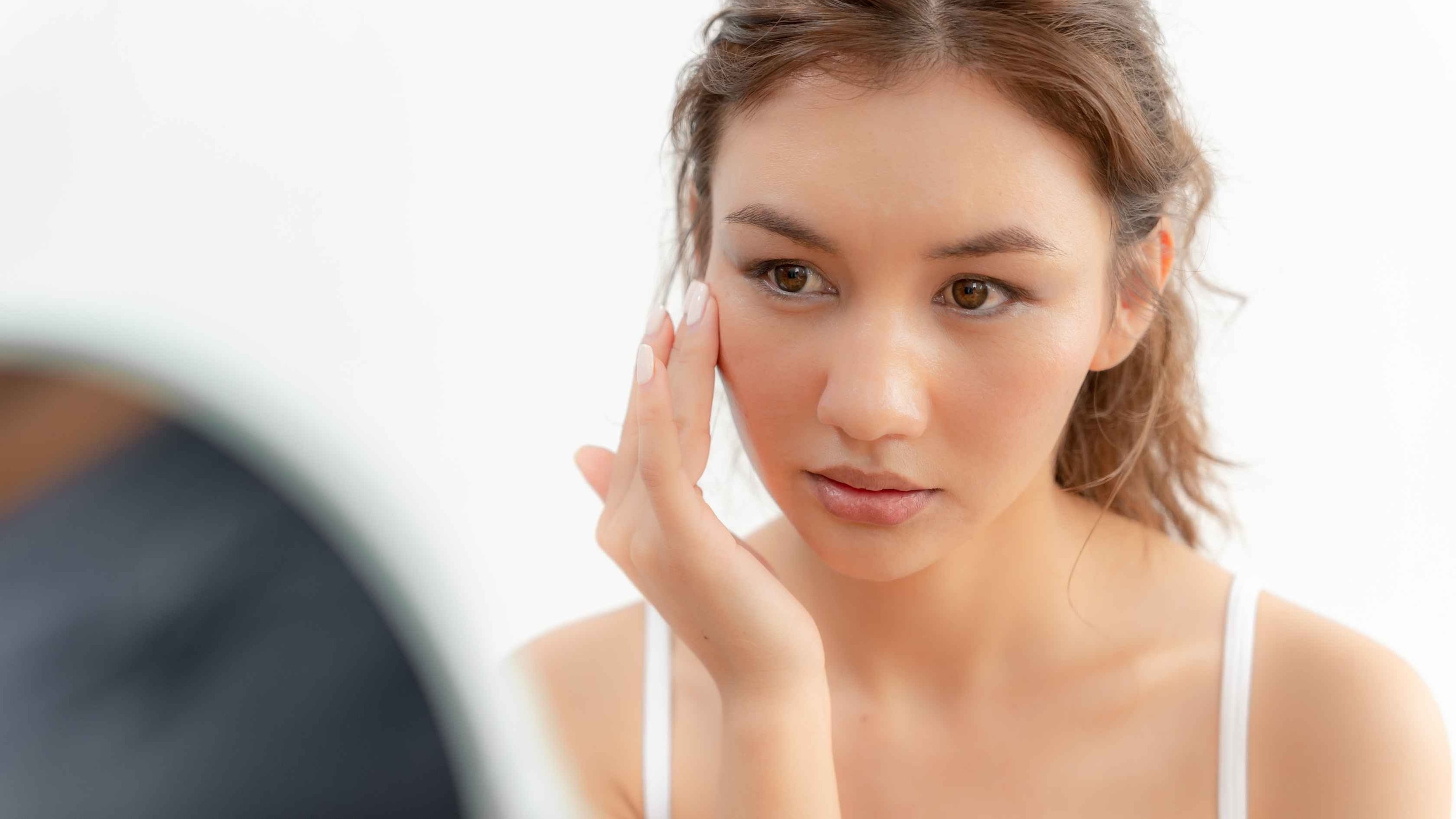
While typically safe, here are the top side effects of rubbing potato on your face:
- Allergic reactions: Some individuals might be allergic to potatoes. Always perform a patch test before using it to your entire face.
- Irritation: If you have sensitive skin, potato juice might cause irritation. It's a good idea to dilute it with water or other mild ingredients.
- Sun sensitivity: Vitamin C enhances sun sensitivity, so don't forget to wear sunscreen during the day, even on cloudy days.
- Don't use Green potatoes: Never use juice from green potatoes, as they consist of solanine, which is a toxic compound.
05Potato Juice Alternatives
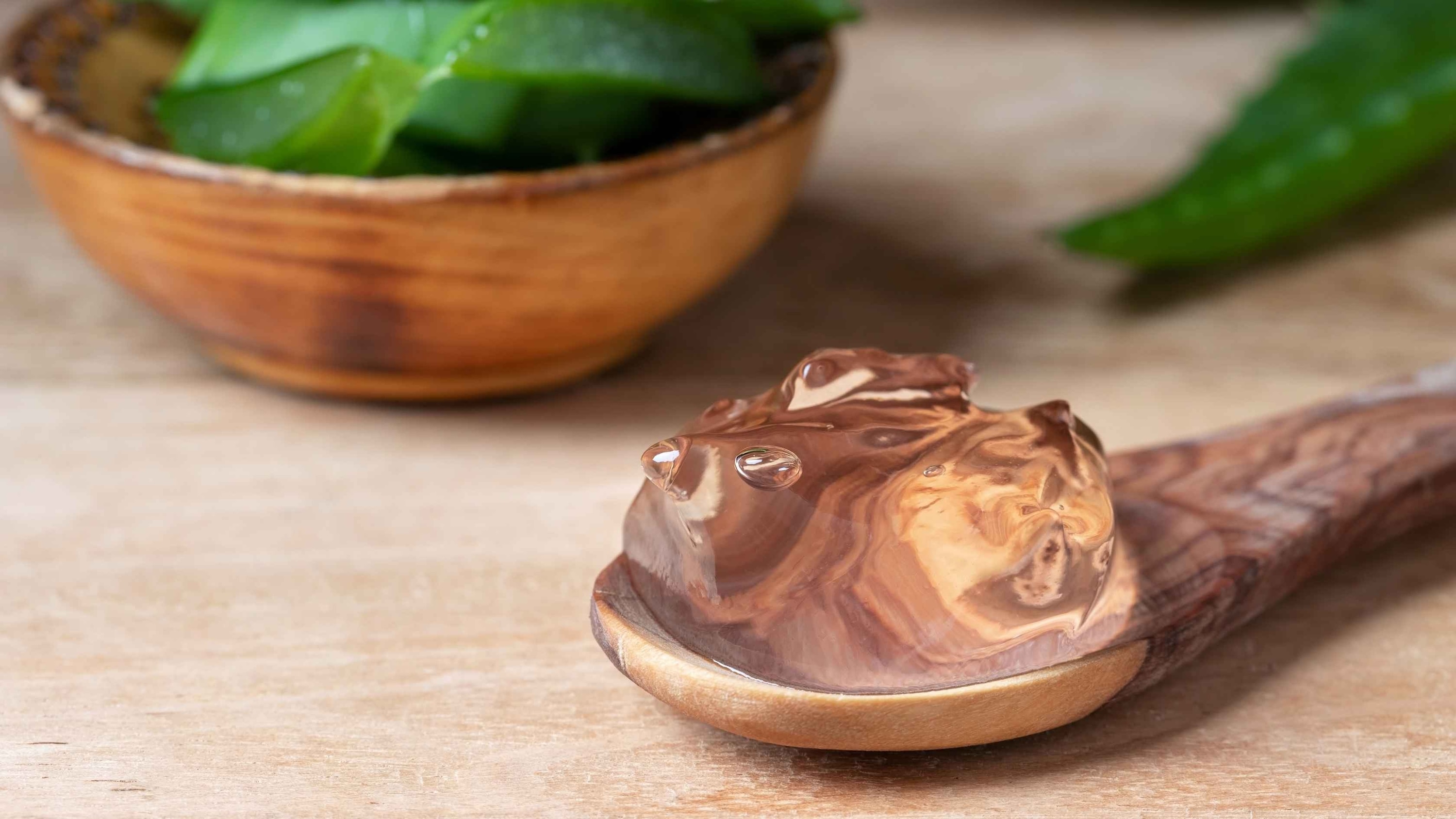
If potato juice doesn't suit you, consider using the following natural ingredients for skincare:
- Cucumber juice is great for soothing and hydrating the skin.
- Aloe vera gel is ideal for calming an irritated complexion
- Diluted lemon juice will brighten your skin but use it carefully because of its acidity.
- Green tea boasts excellent antioxidant properties. Potato juice, a basic kitchen ingredient, holds a surprising wealth of benefits for your complexion. However, while using new ingredients for skincare, always do a patch test and carefully watch your skin. If you experience any discomfort, immediately discontinue use. And if you have any further questions or concerns about using potato juice for skin care it is always best to consult with a dermatologist.
06FAQs on Using Potato Juice for Skin Care
Below are some frequently asked questions about using potato juice for skin care answered by the experts:
Q: Could I use potato juice daily?
A: It's advisable to use it 1-2 times a week to avoid over-drying or irritating your complexion.
Q: How do I extract potato juice?
A: Grate a peeled potato and squeeze the juice through a cheesecloth or fine sieve. A juicer also works well to extract potato juice.
Q: Does potato juice fade dark circles?
A: Potato juice will help lighten dark circles over time, but regular use is important.
Q: Could potato juice help with combating breakouts?
A: Yes, potato juice can fight acne, thanks to its oil control and calming properties.
Q: Can I freeze potato juice for later use?
A: While you can freeze potato juice, it's always advisable to use fresh juice for maximum benefits. Freezing can alter the consistency and potentially minimise the power of some nutrients.
Q: Could potato juice help with eczema?
A: While it may calm some irritation, it's not a cure for eczema. If you have eczema, speak to a dermatologist for personalised treatment.
Q: Can I leave potato juice on my face overnight?
A: It's typically suggested to wash off potato juice masks after 15-20 minutes. Leaving it on overnight could possibility irritate your complexion

